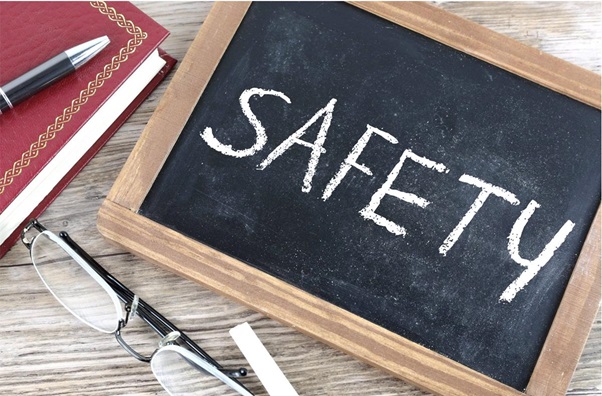Risks associated with heavy haulage transportation.
According to SafeWork Australia, the number and rate of injuries and fatalities have decreased significantly in the heavy haulage industry over the past decade. The main health and safety hazards remain vehicle accidents, driver fatigue, and manual handling.
A haulage company may face the following hazards:
- Vehicles must be mechanically safe, especially rigid trucks and trailers that are heavy.
- A lack of proper restraint of loads
- Overweight and oversized vehicles.
Hazards related to this include:
- Fatigue in drivers and fitness to drive
- Employees who are under the influence of alcohol or drugs
- Compliance with access requirements by vehicles.
Due to these hazards, the following potential safety risks may be posed:
- Injuries or fatalities to road users, workers, or the public
- Road and infrastructure damage.
Heavy haulage companies should manage these risks and hazards to ensure overall safety.
Some control measures include:
- To prevent safety risks, communication of safety standards and policies to employees and others is essential. Ensure employees are informed, trained, and comply with policies, procedures, and standards.
- Communicate and cooperate effectively with other parties regarding safety risk management, controls, and best practices.
- Implementing and ensuring that employees follow policies and procedures.
- Maintaining the integrity of the Heavy Vehicle National Law (HVNL) by avoiding commercial agreements likely to create incentives to break it.
- Verifying vehicle suitability with an adequate vehicle maintenance system.
- Dealing only with reputable parties that have a strong safety and compliance culture.
Limits on load, mass, and dimensions
- Employees and other stakeholders should be aware of the mass and dimensions required for each vehicle or vehicle combination.
- Train drivers on how to measure vehicles and loads to ensure they meet allowable dimensions using tape measures and height sticks. They must receive the necessary training and equipment to ensure that drivers can safely restrain loads.
- Provide the driver with accurate weights and dimensions of the loads before or during loading.
- Assisting employees and others with the implementation of load restraint systems for common loads.
- Ensuring that the driver does not enter into contracts or arrangements that might lead to a breach of the mass, dimensions, and loading requirements.
- Engaging employees and others in regular catch-ups to communicate risk, controls, and best practices.
Mechanical safety
- Checking the mechanical safety of vehicles on a daily basis
- Maintaining a fault, defect, and maintenance history recording system
- Responding to reported faults promptly
- Tracking fleet maintenance and adhering to a systematic service schedule with particular emphasis on the wear caused by operating conditions
- Monitor fleet age (noting that vehicles aged 12 or older were more likely to have defects according to the National Roadworthiness Survey).
Loading and unloading materials
- Loading and unloading materials with the appropriate equipment
- Equipment-specific load configuration
- Pre-sling the load, when possible
- You can use load restraints accessible from the ground or reach poles or lead ropes to restrain the load.
Fatigue, alcohol, and drugs
- Minimizing driver fatigue through schedules and rosters.
- Maintaining regular rest breaks for drivers.
- Maintaining accurate records of drivers’ work and rest hours.
- Encouraging drivers to self-report when they’re fatigued and unfit to drive.
- Implementing a policy and supporting procedure that outlines the ways in which workplace impairments caused by alcohol and other drugs are to be dealt with.
- Including random or targeted alcohol and drug screening in the pre-employment or post-accident/incident screening program.
- Employees should be informed, educated, and trained on how to recognize alcohol and drug-related impairments.
Why choose ODLS as your heavy haulage company in Australia and overseas?
With projects becoming increasingly challenging, ODLS has the skills and experience to provide competitive solutions anywhere in Australia and overseas – often mobilizing to other states.
The management conducts a regular safety observation program, worker competency assessments, training, and instruction on an ongoing basis. Taking these precautions ensures that our workers, clients, and the general public are not exposed to unnecessary risk of injury, illness, or harm.
ODLS, an experienced heavy haulage company of over 40 years, is a ‘People-centric’ business is at the heart of who we are.
Our team is dedicated to maintaining quality, safety, and environmental management systems that exceed the requirements of legislation, standards/codes of practice, as well as stringent Australian standards. By keeping safety at the forefront of all our processes, we have earned a reputation as a reliable and efficient logistics and heavy haulage transportation services provider.
You can count on ODLS for all your heavy haulage transport needs in Australia. Contact us today!

